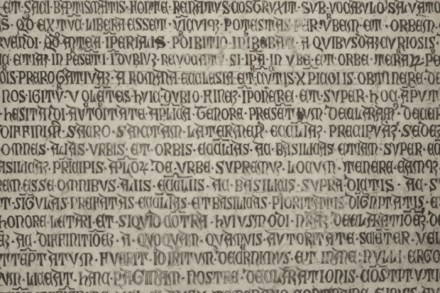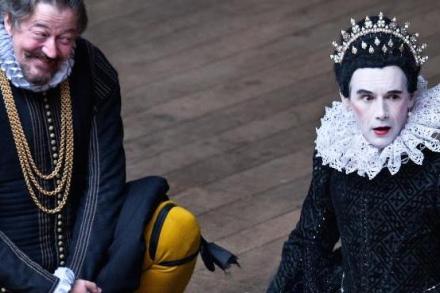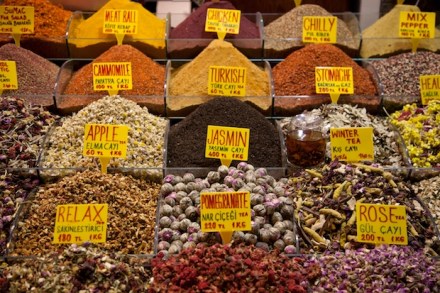To be topp at lat., throw your Cambridge Latin Course away
More from BooksThe wisest words about learning Latin were said by that gifted prep-school boy, Nigel Molesworth: ‘Actually, it is quite easy to be topp in lat. You just have to work.’ But things have changed since Molesworth learnt Latin at St Custard’s in the 1950s. Over the last half-century, the work has been extracted from Latin






























